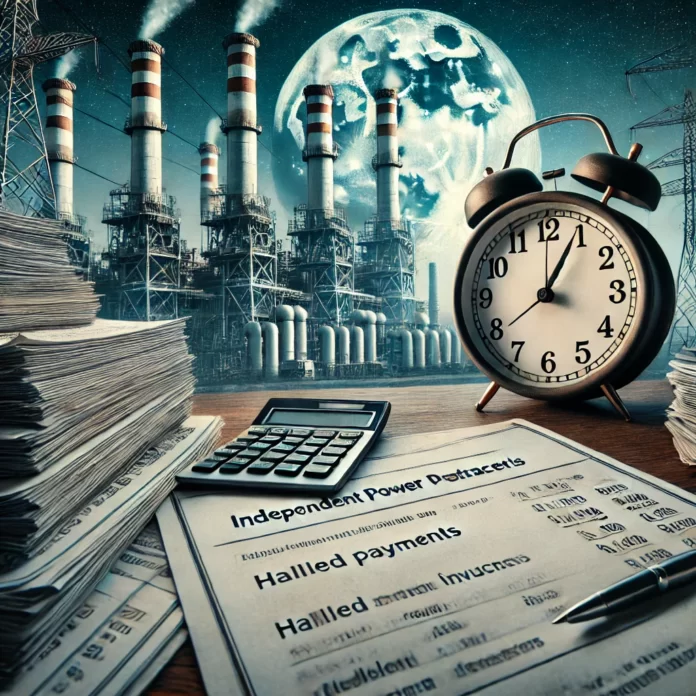ISLAMABAD: The National Electric Power Regulatory Authority (NEPRA) has released its State of the Industry Report (SIR) 2023-24, detailing severe inefficiencies across Pakistan’s power sector and calling for urgent systemic reforms to address mounting financial and operational challenges.
Inefficiencies Deepening the Crisis
The report outlines significant issues, including underutilization of generation capacity, transmission bottlenecks, and governance lapses in the distribution sector. With an installed generation capacity of 45,888 MW by June 2024, only 33.88% was utilized, burdening consumers with higher costs for idle resources. Generation costs comprised 83% of the end-user tariff, further exacerbated by inefficient transmission and distribution (T&D) systems.
NEPRA criticized the National Transmission and Despatch Company Limited (NTDC) for delays in critical projects, such as the Lahore North Transmission Line and underutilization of the HVDC line, which operated at just 20% capacity. Distribution Companies (DISCOs) reported excessive T&D losses and insufficient recovery ratios, adding PKR 591 billion to the circular debt, which surged to PKR 2,393.37 billion by June 2024.
Financial Inefficiencies
The report highlighted several financial inefficiencies, including:
- PKR 60.386 billion losses due to transmission constraints.
- PKR 7.9 billion from Guddu 747 operations in open-cycle mode.
- PKR 86 billion losses attributed to the absence of Guddu 747’s steam turbine.
- Additional PKR 95.171 billion from Non-Project Missed Volume (NPMV) payments and Part Load Adjustment Charges (PLAC).
Privatization and Competitive Models
NEPRA proposed privatization or the introduction of private management for public sector entities as potential solutions to address inefficiencies. It also emphasized progress in the Competitive Trading Bilateral Contract Market (CTBCM) initiative to foster competition and dismantle DISCO monopolies.
Recommendations for Reforms
The report praised efforts by stakeholders such as the Private Power and Infrastructure Board (PPIB) and the National Energy Efficiency and Conservation Authority (NEECA) in promoting renewable energy. Additionally, NEPRA introduced interactive infographics and performance metrics via QR codes on its website to improve transparency and accessibility.
NEPRA’s key recommendations include:
- Optimizing generation capacity utilization to reduce costs.
- Addressing transmission bottlenecks through targeted investments.
- Enforcing governance reforms in DISCOs and improving leadership accountability.
- Promoting renewable energy and distributed generation to reduce grid dependency.
Submitted under Section 42(b) of the NEPRA Act, the report serves as a wake-up call for policymakers to address systemic inefficiencies and stabilize Pakistan’s energy sector. By implementing NEPRA’s recommendations, Pakistan could achieve a sustainable, reliable, and cost-effective energy future.




